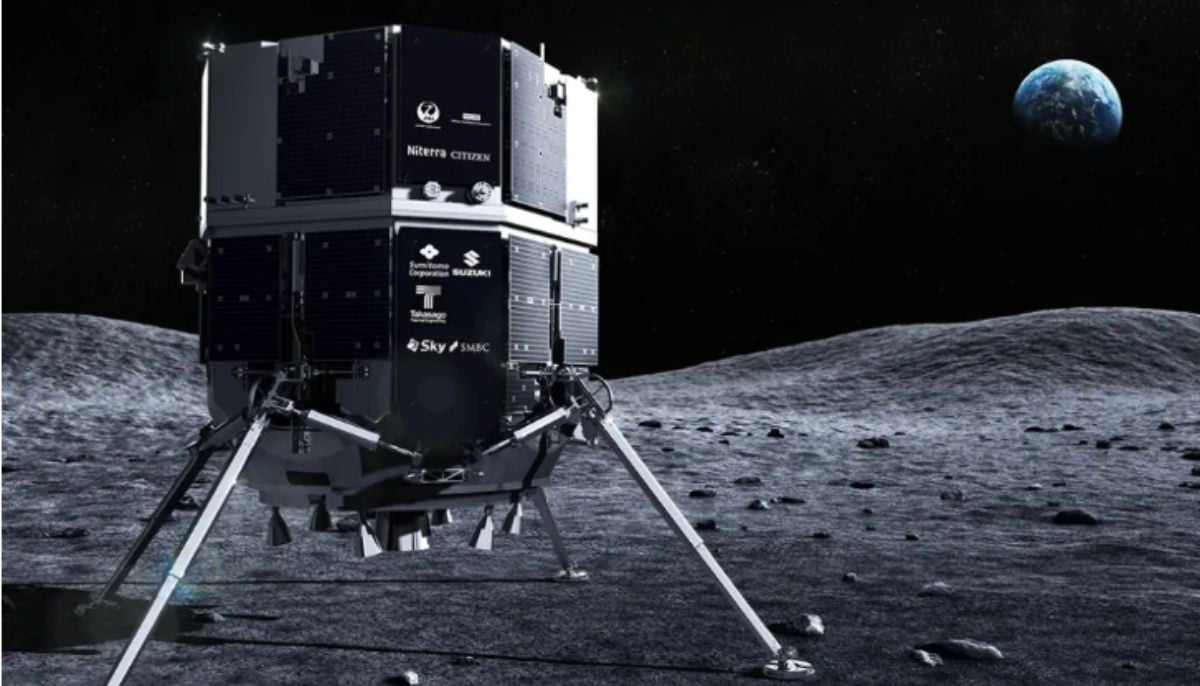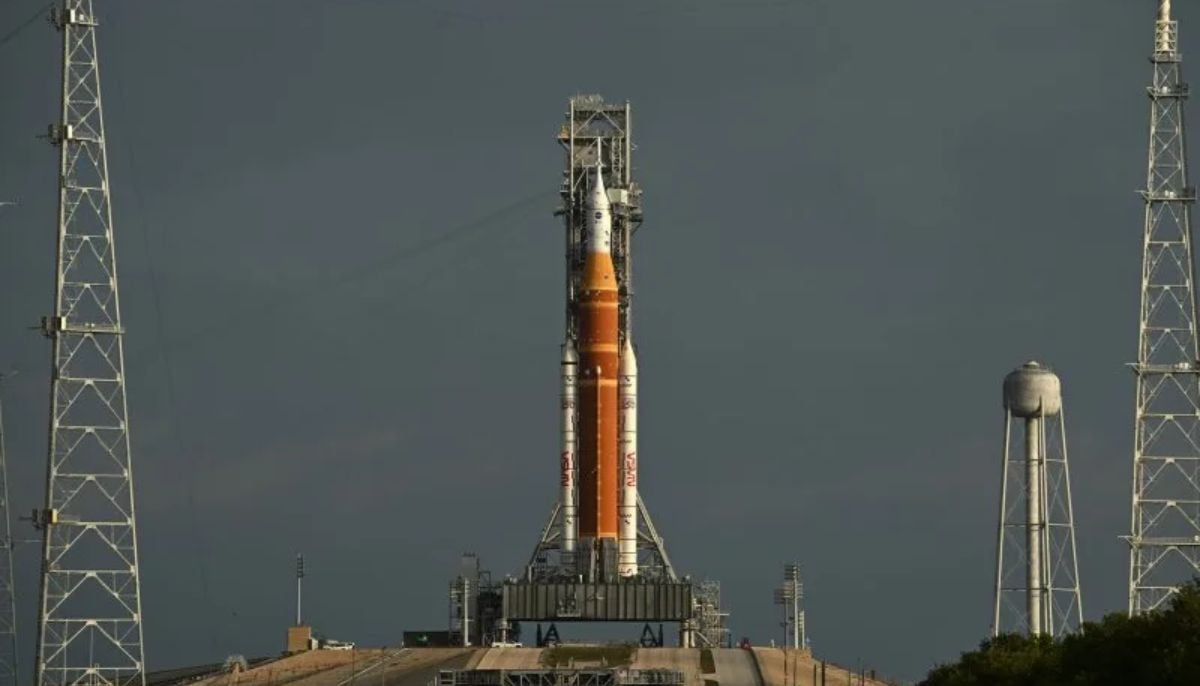'Time travel': Google Maps unveils exciting new features for Street View
Latest updates include expansion of Street View, sharper satellite imagery, and more
American tech giant Google has rolled out updates to Google Maps and Google Earth, aimed at boosting user experience and helping them better understand the ever-changing world.
The new updates include an expansion of Street View, sharper satellite imagery with the help of artificial intelligence (AI) for Google Maps and a historical imagery feature for Google Earth on the web, reported Android Central.
The update to Street View on Google Maps will feature "new imagery" expected to be available in nearly 80 countries.
This improvement in Google Maps will enhance virtual adventures in places like Bosnia, Namibia, Liechtenstein, Paraguay, and more.
Additionally, the company stated that it has made creating better Street View imagery a breeze in more places as it will continue to update Street View for fuller virtual details in countries like Australia, Argentina, Brazil, Costa Rica, the Philippines, and more.
As Google launched the Street View expansion on September 25, users should stay alert for updates.
Parallel to this, Google also introduced updates to Google Earth. Users will soon have an easier time turning back the clock on a portion of the planet as a new “historical imagery” feature will soon become accessible on Google Earth’s web version, according to a statement by the company.
This update will allow users to find around 80 years of stored "satellite and aerial imagery" of the planet's geography to understand the changes it experienced.
The company states that some places will send you back to the 30s — like London, Berlin, or Paris.
In addition, images viewed in Google Maps and Earth will also benefit from sharper quality with the assistance of AI.
-
Archaeologists recreate 3,500-year-old Egyptian perfumes for modern museums
-
Smartphones in orbit? NASA’s Crew-12 and Artemis II missions to use latest mobile tech
-
Rare deep-sea discovery: ‘School bus-size’ phantom jellyfish spotted in Argentina
-
NASA eyes March moon mission launch following test run setbacks
-
February offers 8 must-see sky events including rare eclipse and planet parade
-
New study reveals biodegradable chip aims to reduce e-waste and air pollution
-
Scientists unveil new robotic mission for the moon
-
NASA reschedules Artemis II rehearsal due to Florida arctic outbreak












